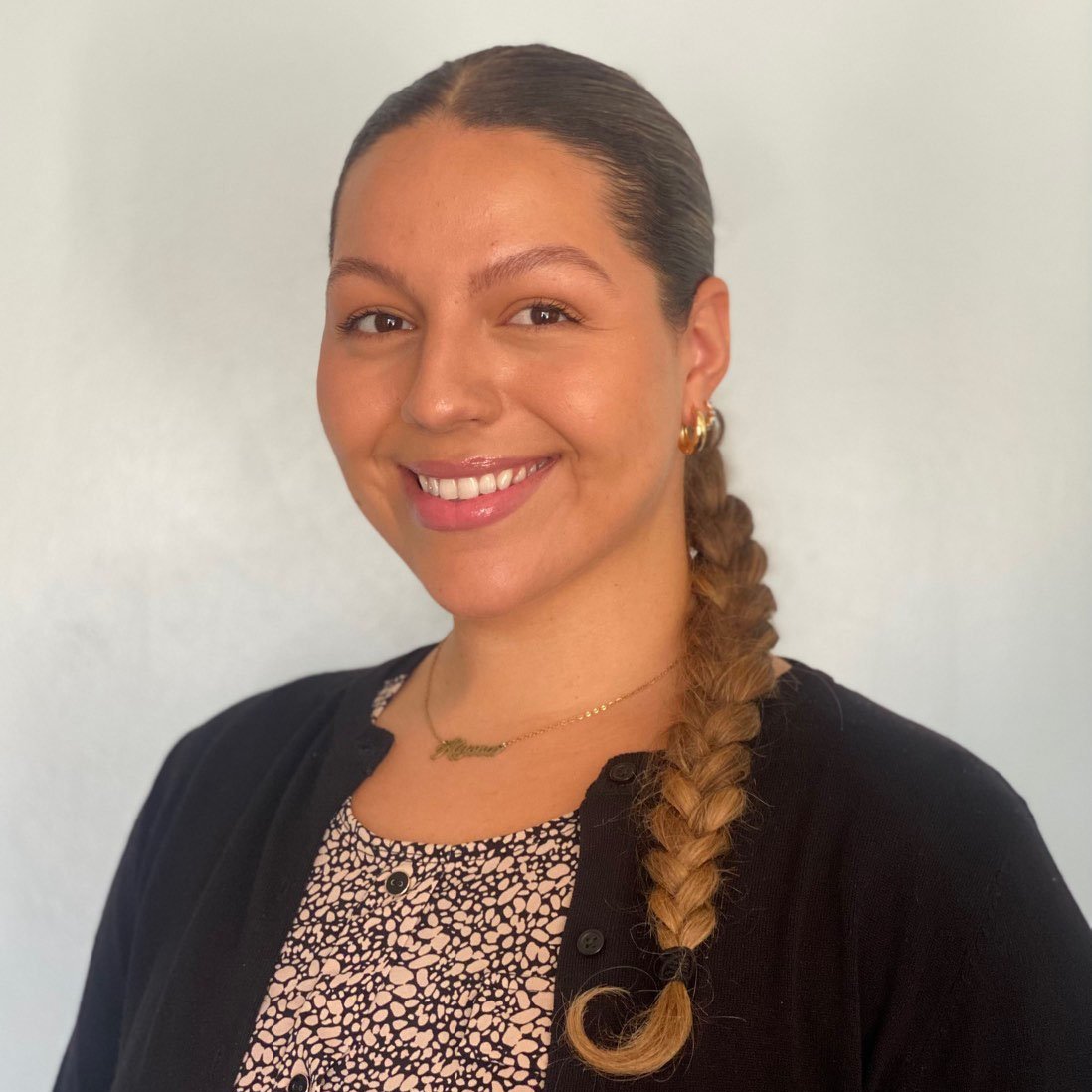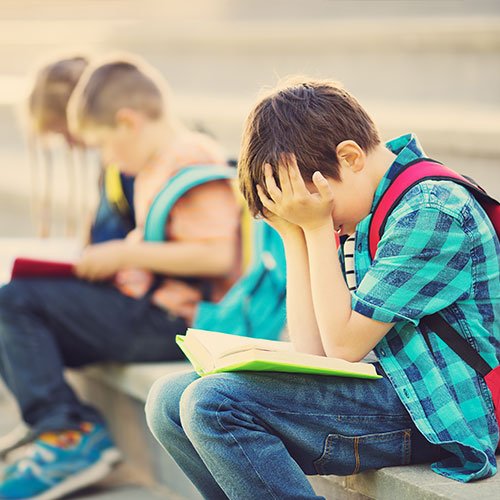Child Therapy
Is Your Child Struggling With Emotional Or Behavioral Issues And You Don’t Know What To Do?
Does your once happy child now seem overwhelmingly sad, worried, or angry most of the time?
Has a traumatic event caused big changes in your child, and you see they are suffering?
Is your child all of a sudden becoming overly clingy and won’t leave your side?
Is your child struggling with issues with their peers; attention deficits, ADHD or focusing issues; or is their school/preschool reporting concerns with your child?
Has a life-changing event, like the death of a loved one, a move or divorce, exposure to violence, or physical or sexual abuse created deep emotional wounds for your child?
A child’s struggle with difficult situations can manifest in many ways. Maybe they have frequent tantrums that are affecting your home life and family relationships, creating a wedge between you and your child. Or you may have noticed that they have begun hitting or hurting others or pets, breaking things, and expressing a lot of anger.
Watching Your Child Struggle With Emotional Pain Can Be Devastating
As parents, you likely want to fix all of your child’s worries. But sometimes, the issues are too big. Maybe you just can’t seem to make things better for them, or it feels like problems are getting worse.
At times, life-changing events may have happened to the whole family, and you are barely hanging on yourself. You can see that things are spiraling out of control and that your child is hurting, but it feels like nothing you are doing to help is working.
All you want is for your child to be happy again. We are here to help you with that. Therapy can provide you with powerful tools to create positive changes in your child’s life.
Pressure On Children Is Everywhere In Today’s World
It’s hard to be a child today. Children are facing bigger and more stressful issues than past generations. For example, the COVID-19 pandemic affected most children educationally due to the loss of face-to-face schooling and caused an increase in fear and isolation. Many children also report feeling fearful at times of shootings and violence at school.
With all the stress facing children today, more and more (and younger) children experience anxiety, nervousness, and depression. They often struggle with:
Low self-esteem
Body image issues
Nightmares and difficulty sleeping
Poor social interactions
Hopelessness
Focusing, ADHD issues
Parental Stress Often Filters Down To Children
Children are also very sensitive to the stress and struggles of their family members, particularly their parents. Many times, this creates an imbalance in the relationship between a child and parent, and life becomes a daily struggle.
As parents, it can be hard to witness when our children are not doing well or struggling emotionally. We see that there is an issue that causes our children to feel bad about themselves, and we want to help. Yet, often, the more we try to reach out, the farther they pull away from us and other family members.
When you’re in a situation like this, seeking counseling for your child can make you feel like you failed as a parent. But professional help can make all the difference and could be the best thing you could ever do for your child.
Therapy Can Help Your Child Smile Again
At the Place for Counseling, your child will have a safe place to explore their hurt and pain. Our experienced, trained therapists will work with you and your child to understand what is happening to them and provide child-focused treatment and support. We will teach you both how to use proven tools and strategies, which include specialized parenting skills, to empower your child to overcome the issues they are facing.
Therapy will focus on issues like tantrums, physical aggression, acting out, school issues, controlling behaviors, attachment issues, and your child’s anxiety and fears. Other areas of focus in therapy include childhood trauma, divorce and separation, loss, eating disorders, sexual abuse, domestic violence, adoption, behavioral and developmental issues, as well as other traumatic events that have affected your child.
How We Approach Child Therapy Sessions
At the Place for Counseling, we understand that every child and every situation is different. That is why we utilize a variety of proven child-centered therapy techniques and effective treatment models to address both trauma-related and other issues, creating an individualized plan matched to the age and unique needs of your child to maximize positive results.
Play Therapy – Play is the language of children. And our therapists are trained in multiple different play therapy modalities and techniques to offer the right fit for your child, from age 3 and up. Basing our approach on your child’s issues, their age, and their developmental stage allows us to incorporate their interests into the therapeutic process, including when treating trauma-related issues.
Cognitive-Behavioral Therapy (CBT) – CBT is a structured approach with limited duration. The focus of the therapist is to teach your child practical skills to empower themselves, take control, and learn how to resolve their problems.
Trauma-Focused Cognitive-Behavioral Therapy (TF-CBT) – At The Place for Counseling, we specialize in trauma therapy for children, utilizing a cognitive-behavioral approach that focuses specifically on the impact of trauma. By incorporating TF-CBT into therapy sessions, we can help your child and/or your family if you’re struggling with a variety of trauma-related issues (including chronic trauma).
Accelerated Resolution Therapy (ART) – ART is another effective treatment we may integrate into therapy sessions to reduce the impact of childhood trauma. It is similar to Eye Movement Desensitization and Reprocessing (EMDR) therapy and particularly useful with children 10 and up.
Family Therapy – For children and/or families facing more specialized types of struggles, a family therapy approach—conducting sessions with you and your child, and at times, incorporating other family members who are ready to meet together—can help you work through difficult issues and build communication skills together. In addition, you will also learn parenting strategies and coping skills to help support your child.
How Important It Is For Parents To Be Involved In The Process
We have found that when parents are involved in therapy on some level, the likelihood of a positive outcome for their child and family is much higher.
At the Place for Counseling, we always start the therapeutic process by meeting with you, the parents, first to understand your concerns and what is happening with your child. If you are divorced or separated, we will meet with each parent separately.
During this initial session, we will explore your child’s history and development, and hear your concerns and goals. We will also explain the therapy process, answer any questions you may have, and suggest ways to tell your child about how counseling works to ensure it goes smoothly.
Once we begin with regular sessions, you will remain an integral part of the process. Generally, the therapist will provide individual counseling for your child and then meet with you at the end of each session for a few minutes.*
At the Place for Counseling, we have successfully worked with hundreds of families to help them achieve positive results when a child was struggling. We are here to help you as well! With our guidance, you and your child can get through the tough moments, work through the issues, and move on to happier times.
(*In the case of separated or divorced families, many times parents rotate weeks bringing the child so each parent can participate in the process.)
Maybe You’re Thinking About Counseling For Your Child, But You Still Have Questions…
How do I know if my child’s issues are serious enough to require therapy services?
Every child experiences ups and downs. However, if you are noticing a significant change in behaviors, concerning anxiety, sadness, school or peer issues that are getting more severe, then it may be time for professional help. At the Place for Counseling, we are here to support you and your child to get through this difficult time.
I am worried that our schedule is too busy to fit in counseling.
We understand how busy life can be for many families. That is why we offer day, evening, and weekend hours to meet your needs. That being said, sometimes something may have to give, as you and your child may be over-extended, which can make things worse. Ultimately, child therapy requires a commitment, but it can make a significant difference for your child and your family.
How long will I have to take my child to counseling?
Every child and every family is different, and therefore, treatment length can vary for everyone. You and your child’s counselor will check in regularly to assess their progress and determine the pacing of the process.
If you would like, please feel free to connect with one of our therapists for a free, 20-minute call to see if therapy is the right option and find the best match for your child. You can also explore scheduling issues at that time.
Helping Your Child To Heal And Thrive Again Is Possible
At the Place for Counseling, we understand the developmental needs and issues that your child may be facing. And we know that every child may respond differently.
Our therapists have training and experience providing therapy for children as young as 3 to age 18. If you’re interested in helping your child to improve functioning and find joy again, we invite you to contact us.
We have child therapy and child trauma therapy available in Spanish.











